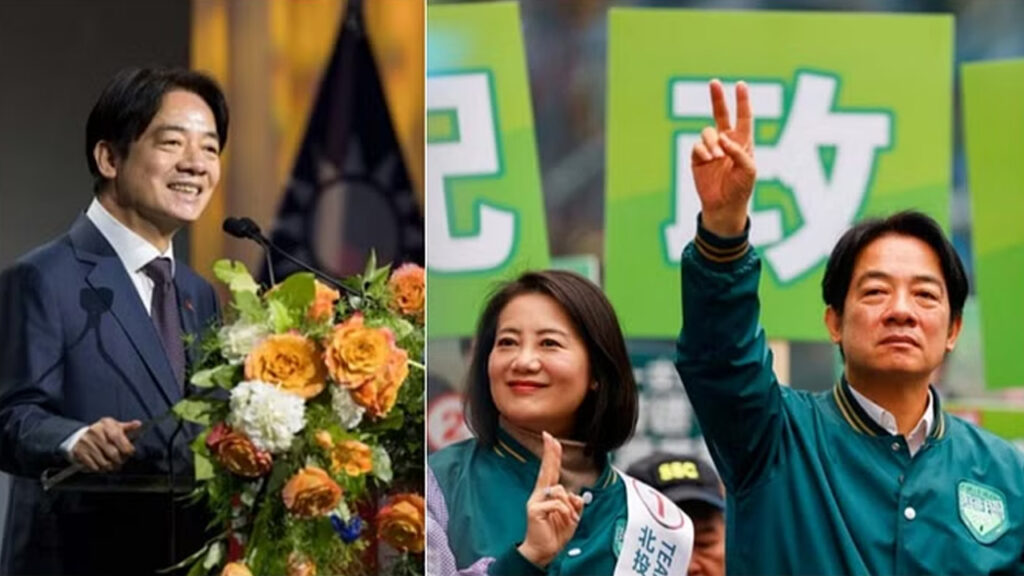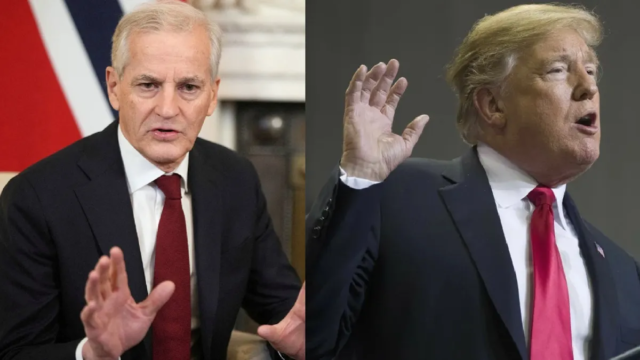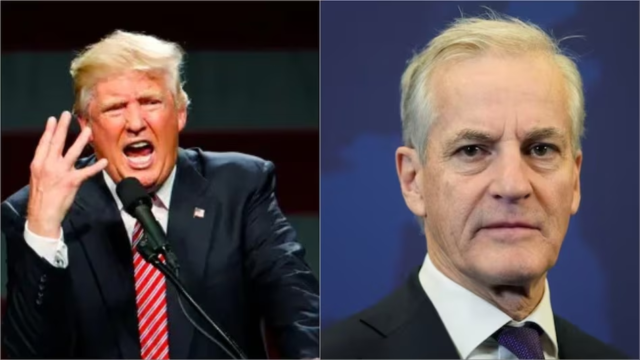William Lai will be the next President of Taiwan, DPP chief Lai is a staunch opponent of China and Jinping

William Lai Shing-te of the Democratic Progressive Party (DPP) has won Taiwan’s presidential election. China had warned Taiwanese citizens not to vote for Lai. Despite this, Lai was successful in winning. This is being considered a very remarkable political result. Ignoring the Chinese challenge, the people of Taiwan openly supported Lai. According to the country’s Central Election Commission, Lai got 40.2 percent votes.
What percentage of votes did you get?
Quoting Taiwan’s Election Commission, Al Jazeera reported that 98 percent of vote counting had been completed across the island. Rival candidate Hou Yu-ih also accepted defeat and congratulated Lai on his victory. The main rival Hou Yu-ih got 33.4 percent of the votes. Hou reportedly apologized to his supporters for failing to oust Lai’s party, the DPP, from power.
William is an advocate of peace; Dangerous in the eyes of China…
China has described William Lai as a ‘dangerous separatist’. President Jinping has been seen openly condemning from public forums. China did not respond to William Lai’s appeal for talks. Despite this, William Lai has insisted that he is committed to maintaining peace. Taiwan’s Defense Ministry has claimed that Chinese balloons have been seen crossing the strait. A balloon flies over Taiwan. It has been made clear from Taiwan that China is trying to spy with the help of balloons.
What are the policies of the future president?
Lai, who has a special reputation for outspokenly rejecting Chinese claims on Taiwan’s territory, has also served as Vice President. Democratic leader Lai’s party, which supports Taiwan’s recognition as a separate country, has succeeded in winning the country’s national elections for the third time. During his election campaign, he had termed every citizen’s vote as important. He also called for protecting Taiwan’s hard-earned democracy.
America and China eye elections, Taiwan wants ‘independent identity’
China described Taiwan’s presidential election as a choice between war and peace. America also kept a close eye on the elections. Chinese aggression can also be gauged from the fact that Jinping has given statements like not refusing to use ‘force’ to fulfill his ambitions. On the other hand, Lai has made it clear that he is ready for conditional engagement with China, but Taiwan’s sovereignty will not be compromised.
Parliament with 113 seats, record 7.58 lakh train tickets sold in elections
According to Al-Jazeera report, voters have elected politicians to Taiwan’s 113-seat parliament. DPP chief Lai’s party has been in power for the last eight years. About 19.5 million voters above 20 years of age could vote. Due to lack of voting rights from remote locations, people have to return to their native places. A large number of passengers traveled by train during the elections. Record turnout is also being anticipated because Taiwan Railways said it sold 7.58 lakh tickets. According to Railways, such a large quantity of tickets have not been sold in any election.
Which rivals did the leader who was staunchly opposed to Chinese policies defeat?
Hou Yu-ih, leader of the conservative Kuomintang (Ke Mai), and Ko Wen-je, leader of the Taiwan People’s Party, were also in the presidential race. Wen-Jae has been the former mayor of Taipei. William Lai’s victory after the presidential elections in Taiwan is also important because William Lai will openly challenge China after taking oath. Lai, head of the Democratic Progressive Party (DPP), is considered a staunch opponent of China and its President Xi Jinping’s policies.
Taiwan-China conflict is more than eight decades old
It is believed that Lai, who advocates Taiwan’s independence, will face a tough challenge from the Jinping administration. In fact, Jinping has been calling Taiwan a part of China under his ambitious and expansionist One-China policy. This area is a very important geographical area due to its political situation. Taiwan’s election is also important because China has been eyeing it for almost eight decades. Despite being de facto independent since the 1940s, China continues to lay claim to the islands of Taiwan and its outlying territories.







